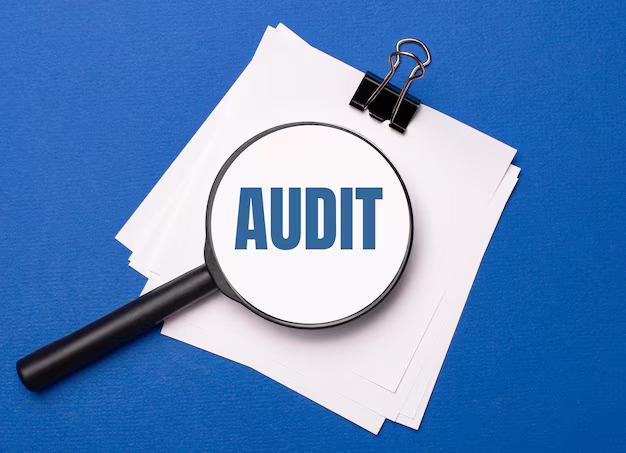Notifications

4 minutes, 54 seconds
-47 Views 0 Comments 0 Likes 0 Reviews

Tax and regulatory compliance is a critical aspect of running a business. It ensures that companies adhere to legal requirements, avoid penalties, and maintain financial stability. Internal audit plays a crucial role in assessing compliance and identifying potential risks. In this guide, we will explore tax and regulatory compliance, its importance, challenges, and how businesses can ensure compliance through internal audits.
Tax and regulatory compliance refers to a business’s adherence to tax laws, financial regulations, and industry-specific legal requirements. It involves filing taxes on time, following labor laws, and maintaining accurate financial records. Non-compliance can lead to heavy fines, legal actions, and reputational damage.
Businesses often face several challenges in maintaining tax and regulatory compliance:
Tax regulations frequently change, making it difficult for businesses to stay updated. Failure to comply with new tax rules can lead to penalties.
Companies must maintain detailed financial records and submit tax reports accurately. Mistakes in filing can result in audits and fines.
For multinational businesses, complying with international tax laws and regulations can be complex and require expert guidance.
Without proper oversight, businesses risk internal fraud, which can lead to compliance issues and financial losses.
Internal audit plays a vital role in monitoring and improving tax and regulatory compliance. It helps businesses identify potential risks and implement corrective measures.
Internal audits help businesses identify compliance risks and take preventive actions.
Regular audits ensure that tax calculations and financial reports are accurate and comply with regulations.
Auditors keep track of changing laws and advise businesses on necessary updates in compliance policies.
Internal audits help detect and prevent fraud by reviewing financial transactions and business operations.
Businesses should regularly check for updates in tax laws and regulatory requirements. Subscribing to government notifications and consulting with experts can help stay compliant.
Frequent internal audits help identify potential issues before they become major problems. Audits also ensure financial records are accurate and meet regulatory requirements.
Technology can simplify tax filing, record-keeping, and regulatory reporting, reducing the risk of errors and non-compliance.
Employees should be aware of tax and regulatory compliance rules to avoid unintentional violations. Conducting regular training programs can help maintain compliance.
Keeping well-organized financial documents helps businesses prepare for tax filing and audits. It also ensures transparency and accountability.
Seeking guidance from tax professionals and regulatory consultants can help businesses navigate complex tax laws and compliance requirements.
Tax and regulatory compliance is essential for business success and sustainability. Internal audit serves as a key tool in ensuring compliance by identifying risks and improving financial accuracy. By staying updated with laws, conducting regular audits, and leveraging technology, businesses can effectively manage compliance and avoid legal complications.

